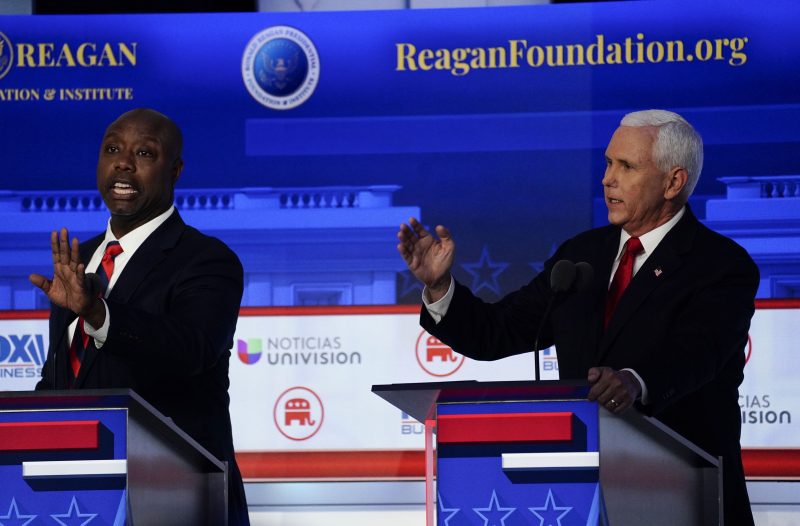In a recent turn of events, former Vice President Mike Pence has declared that he will not endorse Donald Trump for the presidential election in 2024. This announcement has sparked a flurry of speculation and debate within political circles and among the general public.
Pence, who served as Vice President under Trump from 2017 to 2021, cited differences in their approach and policies as the primary reason for his decision. While Pence remains appreciative of the achievements made during the Trump administration, he made it clear that he believes the Republican Party needs to embrace a different direction moving forward.
This break from tradition, where former vice presidents typically endorse their party’s incumbent president for reelection, underscores the growing schism within the Republican Party. Trump’s influence on the party has been undeniable, and his loyal base of supporters continues to play a significant role in shaping its future.
Pence’s decision not to endorse Trump may signal a shift in the dynamics of the party, with other prominent Republicans potentially following suit. This move could open the door for new leadership and ideas to emerge within the Republican Party, as it grapples with how to navigate the legacy of the Trump era.
The rift between Pence and Trump reflects broader tensions within the GOP as it seeks to redefine its identity and direction post-Trump. While some argue that the party should continue to embrace Trump’s populist approach and policies, others, like Pence, advocate for a more traditional conservative ideology.
The 2024 presidential election looms large on the horizon, and Pence’s decision not to endorse Trump sets the stage for a potentially contentious primary season within the Republican Party. As candidates jockey for position and vie for support, the rift between Trump loyalists and more traditional Republicans is likely to deepen.
Ultimately, Pence’s refusal to endorse Trump for president in 2024 is a significant development that highlights the ongoing struggle for the soul of the Republican Party. As the party grapples with its identity and future direction, the decision-makers and influencers within its ranks will continue to shape the course of American politics in the years to come.

